Music tours require a lot of energy. Plane rides, hauling equipment, powering stage sets, utilizing massive venues, and other factors blow through a lot of carbon, resulting in a large environmental footprint.
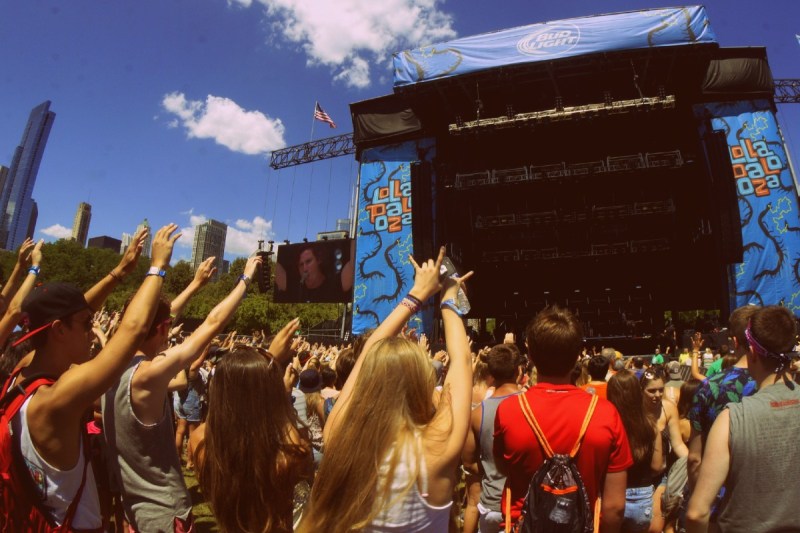
Artists, however, tend to be considerate of their actions on a general scale. Hence, several large music acts are taking ensuing action to ameliorate touring’s negative consequences. In turn, these musicians have assumed leading roles in encouraging progressive efforts and positive energy to living lives mindful of humanity’s impact on the Earth.
Drake
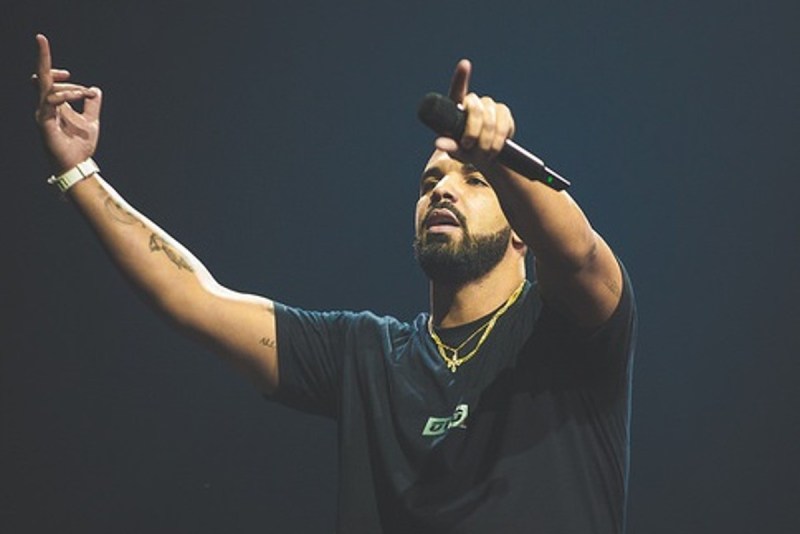
When it comes to offsetting his carbon footprint, the Champagne Papi doesn’t mess around. Drake has implemented environmentally-friendly changes to his tours, which include vending merchandise made from sustainable materials, upgrading to biodegradable catering supplies, and running his tour bus on biodiesel.
Drake has also enlisted the eco-conscious startup Aspiration to reduce and offset his lifestyle, which includes a 50,000 square foot mansion and a private jet. Per Rolling Stone, the rapper joins celebrities like Leonardo DiCaprio, Robert Downey Jr., and Orlando Bloom in investing in Aspiration, but Drake’s partnership goes deeper than buying his way in.
Aspiration asserts itself as a sustainable alternative to competitor banks and fintech companies because it doesn’t invest in fossil fuel companies or other non-sustainable endeavors. In addition to financial services, customers can track their carbon footprint and put some of their spending toward tree planting and charitable donations.
“Aspiration’s innovative approach to combating climate change is really inspiring and I hope together we can help to motivate and create awareness,” Drake said last June.
The 1975

British pop rock band (and friends of Greta Thurnberg), The 1975 teamed up with the Reverb nonprofit to help create a Green 2020 tour that tackled environmental and social issues. The band’s July 11, 2020 gig in Finsbury Park, north London was notable for its emphasis on sustainability.
Organizers said it was the first time in British history that traceable, sustainably-sourced hydrotreated vegetable oil powered an entire event. HVO is a renewable diesel produced from European vegetable fats and oils, which reduced the show’s carbon footprint. The concert was also the first Finsbury Park paperless show, with all tickets available only digitally.
In addition, The 1975’s sound was supplied by hybrid-powered generators with solar arrays, and food vendors operated a traffic light system that informed concertgoers of each meal’s carbon footprint. Concert promoter, Festival Republic, planted 1,975 trees in the show’s surrounding boroughs via a partnership with Trees for Cities. The band has pledged to plant trees across the globe for every ticket sold through the One Tree Planted initiative.
Perry Farrell

Since its 1991 inception, Perry Farrell’s traveling Lollapalooza festival has provided a platform for numerous environmental causes. Begun as a multicity event with numerous bands joining the Jane’s Addiction farewell tour, Lollapalooza converted to an annual event in Chicago’s Grant Park in 2005.
(‘Lollapalooza’ is an archaic word meaning extraordinarily impressive. Farrell claimed that he chose the festival’s name after he heard the word used in a Three Stooges film. )
Since then, the rocker has donated portions of proceeds from the weekend fest to the city’s park projects.
“Doing a party, and then leaving no carbon footprint; leaving it actually enhanced and beautified,” Farrell said, “is what the dream was for Grant Park and that is definitely happening.”
The Roots
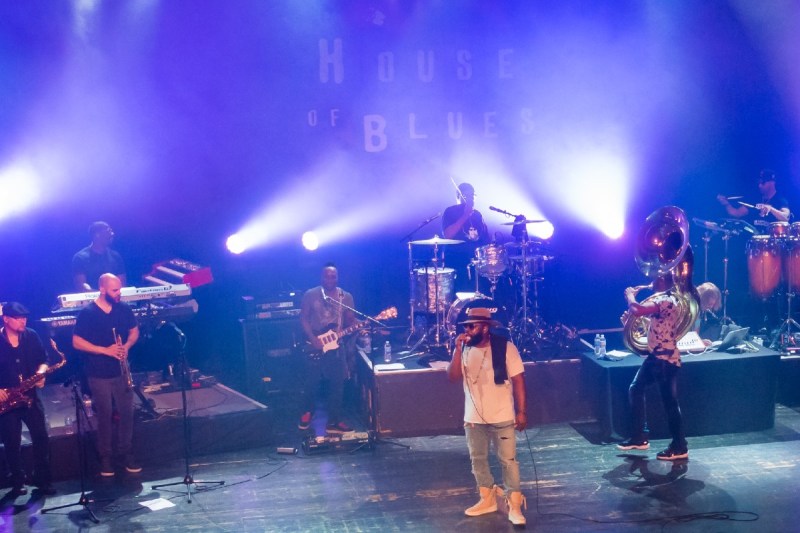
The Roots take a collaborative approach to sustainability. In addition to partnering with organizations like PETA and the Common Ground Foundation, the Roots played the Earth Day Climate Rally in Washington, D.C., and hosted a Pre-Grammy Jam & Green Carpet Bash in 2007. The party aimed to raise awareness about environmental issues and even gave away autographed compost.
As the hip-hop stars work to neutralize their C02 emissions while on tour they also teamed up with Reverb environmental nonprofit to found the Green Music Group. Alongside acts like Maroon 5, Sheryl Crow, and country music’s Willie Nelson, the organization aims to facilitate the large-scale greening of the music community as a whole.
Dave Matthews Band
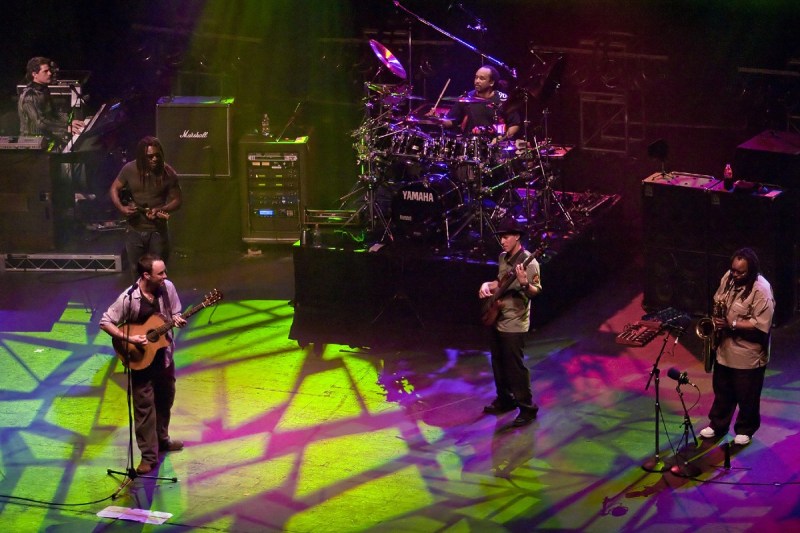
Dave Matthews’ Bama Green Project — a spinoff of his Bama Works Fund charitable organization — is another Reverb ally, educating fans around the globe about how to take simple and positive steps to protect the planet. Matthew practices what he preaches, relying on a biodiesel-fueled tour bus, reducing waste while traveling, and eating locally at tour destinations. Through these efforts, Matthews and the band have managed to retroactively neutralize its entire touring career’s carbon footprint.
Radiohead

Renowned for their unique sound and heady lyrics, Radiohead is as dedicated to environmentalism as they are to unconventional new tunes.
Led by singer Thom Yorke, Radiohead has been touring sustainably since 2008 with their launch of the “Carbon Neutral World Tour.” After collecting carbon dioxide measurements from their previous tour, the band devoted itself to reducing its environmental impact.
Nowadays, these efforts have joined forces with environmental champions like Friends of the Earth. In addition, the British band institutes eco-friendly measures on the road. This includes shipping gear via seaborne ship instead of airfreight, running buses on biofuel, drinking from water flasks instead of disposable plastic cups, and encouraging fans to take public transits to shows.
Pearl Jam
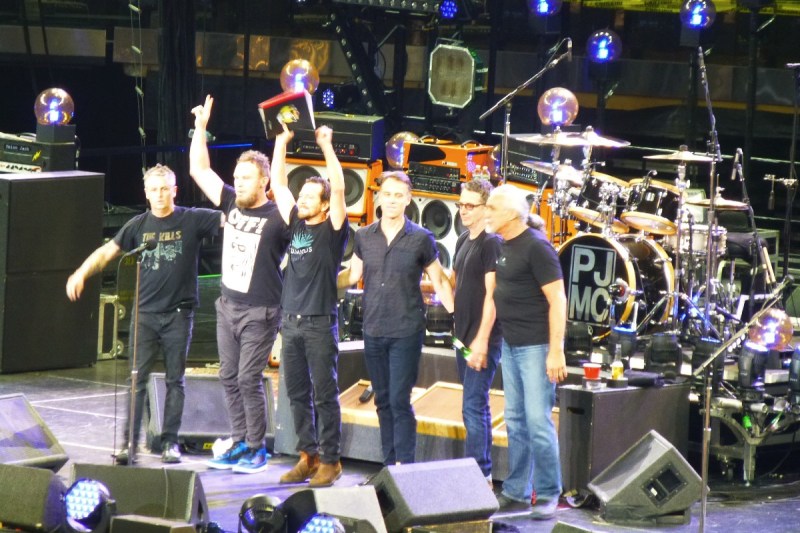
Pearl Jam joined other 1990s mega-acts in growing conscious about sustainability in the early 2000s. Since 2003, Pearl Jam have been involved in a number of carbon mitigation programs. This includes hiring an environmental scientist to calculate the metric tons of carbon-dioxide output from each of the band’s tours, and allocating a portion of road profits for environmental projects.
The band’s Carbon Portfolio Strategy donated $100,000 to nine nonprofits working on climate change and renewable energy. Recently, Pearl Jam also donated $210,000 to plant 33 acres of native trees and plants in and around Puget Sound outside of their native Seattle.
Bonnie Raitt

2008 may seem like a pioneering year for sustainable efforts, but blues and rock goddess Bonnie Raitt has played concerts to raise awareness of environmental movements since the 1970s. Considered the godmother of green touring, Raitt’s even spun off a tour arm devoted to sustainability.
Green Highway is the nonprofit education and outreach arm that sets up at all Raitt concerts, supporting her tour concert with outreach programs and cooperative efforts with other bands and organizations. The blueswoman’s 2022 Just Like That tour will continue these endeavors with one dollar from every ticket purchased donated to grassroots local, regional, and national organizations whose work focuses on safe and sustainable energy, social justice and human rights, environmental protection, and blues/music education.
Neil Young
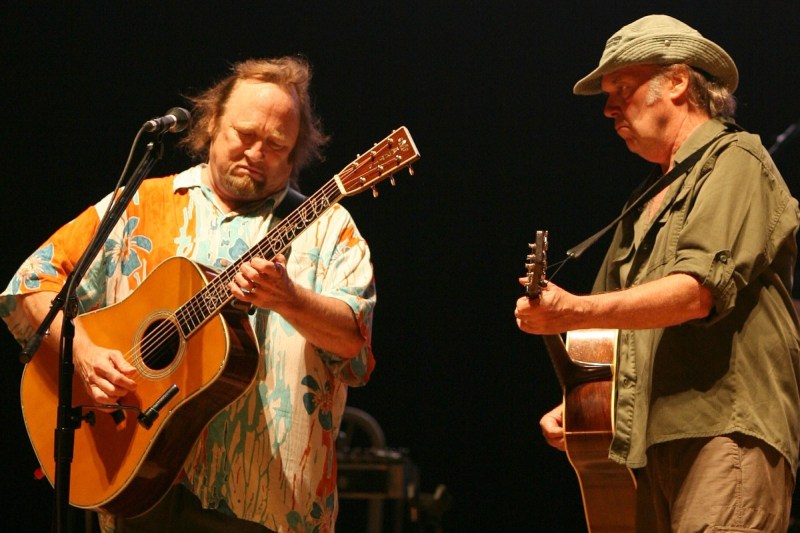
Neil Young was one of the first eco-friendly rock stars, practically pioneering burning biodiesel for fuel, serving as an example to the past and future the rock community. Young’s attention to environmental issues and climate change activism for most of his five decade-career continued into the 21st century on his 2004 tour that featured 15 vehicles powered by vegetable and soybean oil.
Young also owns the LincVolt prototype — a 1959 Lincoln Continental refitted into a fuel-efficient hybrid, which the Godfather of Grunge hopes to use as a model for future low-emission cars.



